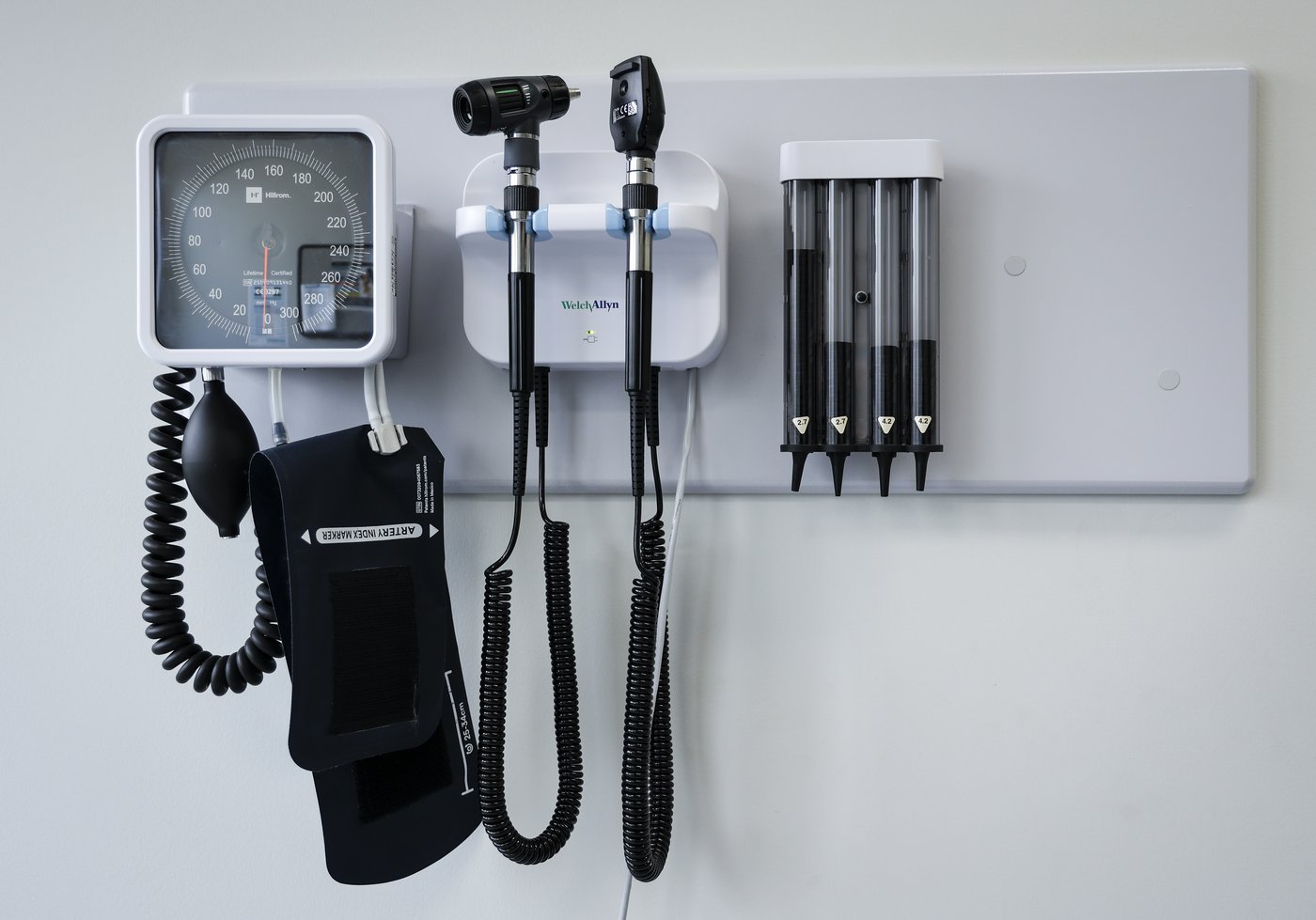
With the 2024 Stampede in Calgary’s rearview mirror, sexual health experts say it might be a good idea to get yourself checked out.
The Centre for Sexuality is advising anyone who engaged in sexual activity with a new partner during the greatest outdoor show on earth to undergo sexually transmitted infection (STI) testing.
While regular testing is always a good idea, Roseline Carter, director of programs at the Centre for Sexuality, says the weeks following the Stampede might be a better time than ever.
“When there’s large groups of people and increased alcohol use and or drug use sometimes inhibitions … there’s just more happening,” Carter tells CityNews.
She says demand for testing information amps up significantly right after the Stampede every year, like clockwork.
Carter says going through this process is an important step, especially for those who had unprotected sex during the 10-day event.
She also notes many people tend to change their sexual habits during Stampede, so many feel the need to reach out for more information on testing.
“People sort of reflect on the fact that maybe they’ve engaged in some activities, which just mean they have to get tested maybe more frequently than they have in the past,” she said.
“So I think the messages we would have is, you know, if you’ve engaged in any unprotected sex or had any new partners over the course of Stampede, it’s just a great idea to get yourself in for testing.”
Syphilis outbreak ongoing in Alberta
While Alberta continues to deal with a province-wide syphilis outbreak first declared in 2018, Carter says most of the other data concerning STI trends are quite outdated.
According to Health Canada, the rate of infectious syphilis per 100,000 in 2022 is 73.9, which is a 105 per cent increase from 2018.
Alberta Health Services says over 17,000 cases of syphilis and gonorrhea have been reported between 2015 and 2023 in adolescents and adults and more than 280 cases in babies. It says cases are continuing to be reported in 2024.
And while the stigma likely keeps many from going to a testing centre, she says there’s nothing to be ashamed of and to think of it like going to the dentist or visiting a doctor.
“What we would say is that if you’re feeling a bit nervous, or shy, or if it’s your first time that, you know, going to an STI clinic where this is stuff that they see, you know, hundreds of times in a week,” Carter explained.
She notes early detection is very important, as most STIs are treatable and curable, and many are asymptomatic.
Carter recommends getting tested even if no symptoms are present.